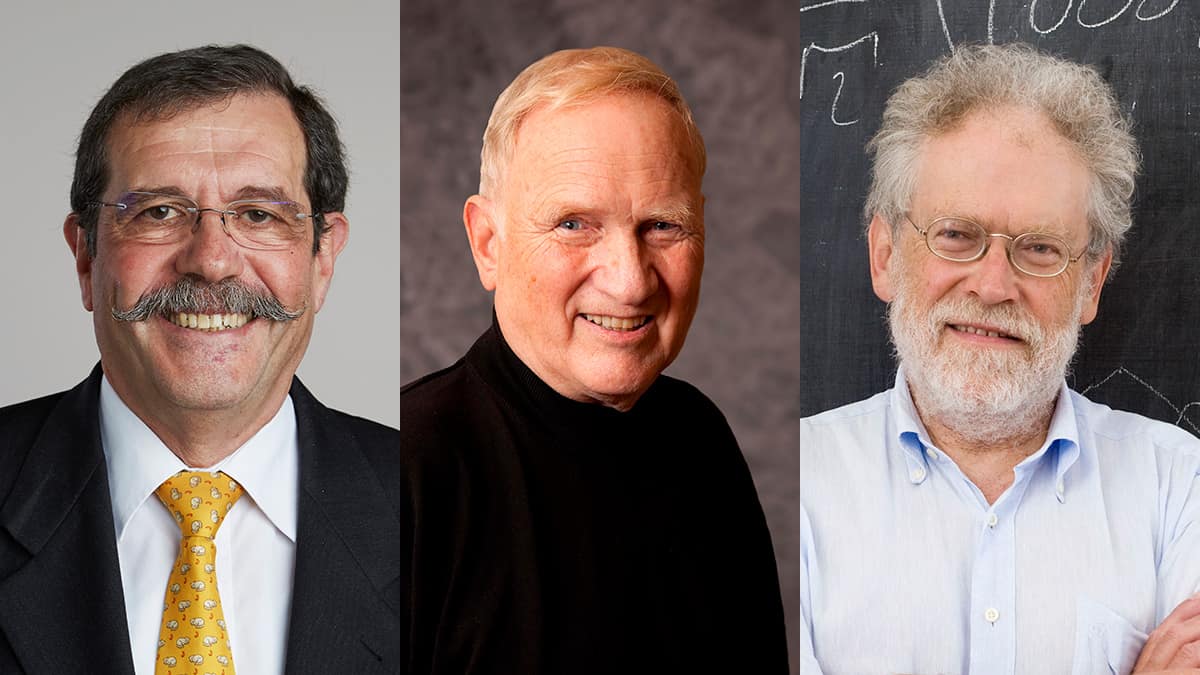The Nobel Prize in Physics 2022 was awarded jointly to Alain Aspect, John F. Clauser and Anton Zeilinger "for experiments with entangled photons, establishing the violation of Bell inequalities and pioneering quantum information science"
What the scientists worked on
The three conducted a series of experiments on something called entangled quantum states, where two separate particles behave like a single unit. Their pathbreaking results will have implications in the fields of quantum computers, quantum networks and secure quantum encrypted communication. Put simply, quantum computers use quantum mechanics to solve problems too complex for regular computers.
For a long time, scientists have examined if the correlation in entangled particles was because they “contained hidden variables, instructions that tell them which result they should give in an experiment,” the Nobel Prize website says.
“In the 1960s, John Stewart Bell developed the mathematical inequality that is named after him. This states that if there are hidden variables, the correlation between the results of a large number of measurements will never exceed a certain value. However, quantum mechanics predicts that a certain type of experiment will violate Bell’s inequality, thus resulting in a stronger correlation than would otherwise be possible,” according to the website.
Clauser worked on Bell’s ideas, and his measurements supported quantum mechanics by violating a Bell inequality. His experiment had some loopholes, which were closed by Aspect. Zeilinger, according to the Nobel Prize website, “started to use entangled quantum states. Among other things, his research group has demonstrated a phenomenon called quantum teleportation, which makes it possible to move a quantum state from one particle to one at a distance.”
The fundamentals of quantum mechanics are not just a theoretical or philosophical issue. Intense research and development are underway to utilise the special properties of individual particle systems to construct quantum computers, improve measurements, build quantum networks and establish secure quantum encrypted communication.
